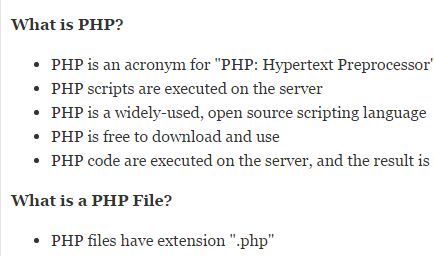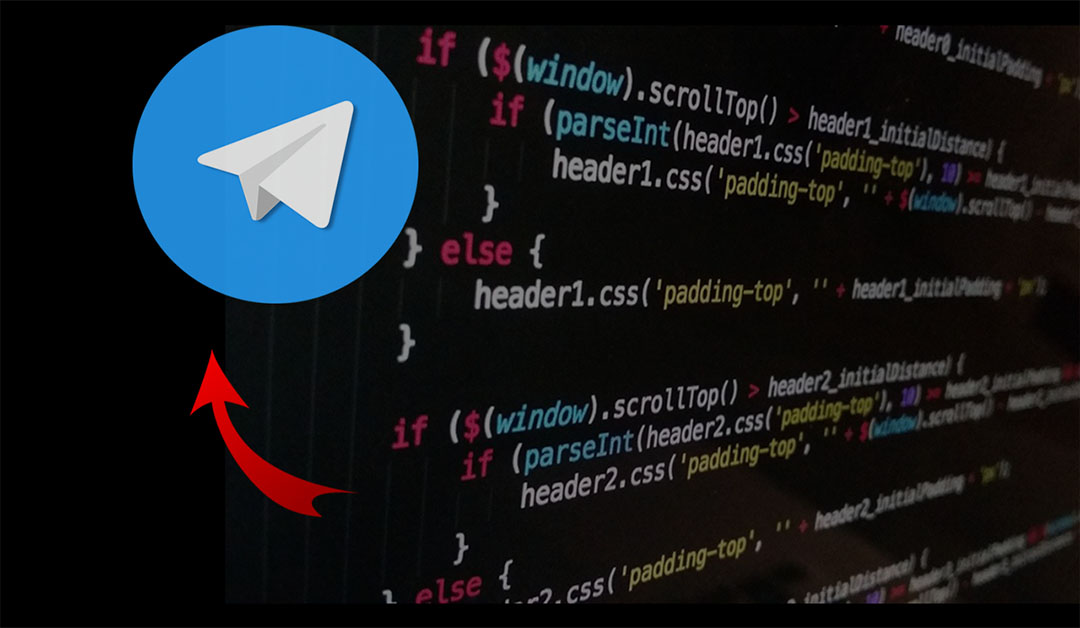Students are looking for working hacks to cope with coding assignments because learning programming is not easy. In the initial stage of studying, you might not realize how many difficulties are waiting for you in the middle of the process.
Nevertheless, professional coders gladly share their experiences. In addition, skilled experts at coding help services can assist students in completing, commenting, and updating their programming tasks. By writing a short and simple request, “Please, do my coding homework,” you could get adequate support in any area of coding. Reliable experts would gladly give you fast and quality help fitting your deadline.

We have collected some practical tips below for those who want to learn more about coping with coding assignments. Read on and get helpful information.
Practice more
Any good thing cannot be realized without effort and practice. You would require dedicating enough time to practicing on your coding assignments to become confident. Practicing allows you to polish theoretical skills and widen your vision of the processes related to coding. Moreover, once you learn enough educational materials, ask your teacher to assign you a small solo project. Working on the tasks on your own allows you to have the best experience and understand practical processes at their core.
Understand the requirements
Start preparation for coding tasks by reading the instructions and manuals you get from the teacher. These documents always contain detailed information on each step you should take. By skipping this vital stage, you risk completing your coding assignment incorrectly. If you made mistakes, you would have to redo the entire code. After reading the tutorials, ask your teacher all questions you have regarding the task. Do not be afraid to ask questions, as we all learn and need explanations from time to time.
Learn to debug
Debugging skills matter a lot for any area of coding. Very often, beginners in coding make a significant mistake by skipping the debugging stage. If you also assume that you do not need to learn debugging in the initial phase of your career as a coder, you are wrong. All skilled coders are proficient in debugging. To succeed in your coding tasks, you have to train to debug. Technically, you have to start from smaller tasks and apply a debugging tool you consider helpful. When you get how it works on shorter coding tasks, you would be ready to learn how to debug vast and complicated functions and regulations.
Get enough rest
Debugging takes a lot of energy and makes your brain work rapidly. You have to take significant and small breaks if you want to resolve coding assignments. Without quality rest, your mind would be full of unresolved tasks, and you would not feel okay about the outcome of your efforts. It might help taking it as a rule that you will take small 10 or 15 minute breaks after every 45 minutes of working when you start working on any coding task. In addition, you have to plan to take a vast break in the middle of the working day. During this break, you have to grab lunch, air your working space, take a walk, do physical exercises, and more. By taking care of your physical condition, you would relax your brain and refresh your mind to work productively.
Take mistakes as lessons
We all know that we have to learn from our failures; however, we do not always apply this rule to our daily routine. Nevertheless, mistakes in coding are common for all. Even professional coders fail from time to time. The first thing you need to do is allow yourself to fail on coding assignments. The second important thing you need to take as a rule is taking failures as lessons. You need to collect unique experiences from your mistakes. Remember that everybody makes mistakes, and only those who succeed learn from them.
Attend coding courses
If you do not feel confident in your knowledge of coding, you might need some additional lessons. The easiest way is to ask your teacher for support. However, he or she might be too busy to dedicate enough time. You could opt for a choice and attend coding courses available online and offline in such a situation. Some online courses are free of charge.
Use pen and paper
You might be amazed, but coding by hand is among the basic skills for any coder. Some students do not listen to teachers who advise them to code by hand and are willing to digitalize all the processes. By making such a mistake, you would lose the ability to explain your codes, which could be vital during job interviews. Do not take writing codes by hand as a useless skill, as these processes would let you dig deeper. After you would learn to code this way, your level of proficiency would be higher than ever.
Learn functions
By learning functions, algorithms, and how to combine them, you would get far in coding. Once you would feel confident about the fundamental programming particularities, proceed with functions. Skilled coders are aware that combining several similar codes into a function makes the program better. Your teacher or supervisor would appreciate your skills.
Believe in yourself
Coding might seem tricky, and in many ways, it is very challenging. However, once you hit the road, each subsequent step would feel more accessible for you. Be proactive and gain information from everywhere. Celebrate each small success and do not take failures on coding too seriously. It would help if you were confident and calm to become a skilled programmer. Remember that you are on the initial stage and focus on your goals.
These pieces of advice were collected by gaining precious experience from professional programmers. It would be best if you remembered that practice makes a lot of sense in coding. You will succeed if you asked your teacher questions if some points on the instruction seem unclear. Skilled coders suggest learning debugging and algorithms in the initial stage of studying coding. By believing in your skills and taking regular breaks, you would support your body and refresh your mind. We think you would succeed in your coding tasks!




